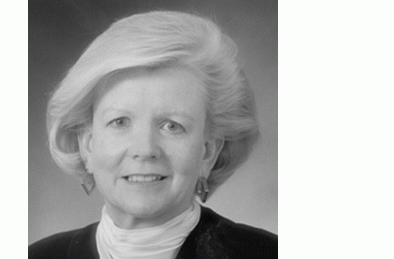
Colleen Kollar-Kotelly
(Image by (Not Known) Wikipedia, Author: Author Not Given) Details Source DMCA
Colleen Kollar-Kotelly by Wikipedia
On July 14, 2004, the surveillance court for the first time approved the gathering of information by the NSA, which created the equivalent of a digital vault to hold Internet metadata. Kollar-Kotelly's order authorized the metadata program under a FISA provision known as the "pen register/trap and trace," or PRTT.
The ruling was a secret not just to the public and most of Congress, but to all of Kollar-Kotelly's surveillance court colleagues. Under orders from the president, none of the court's other 10 members could be told about the Internet metadata program, which was one prong of a larger and highly classified data-gathering effort known as the President's Surveillance Program, or PSP.
But the importance of her order -- which approved the collection based on a 1986 law typically used for phone records -- was hard to overstate."The order essentially gave NSA the same authority to collect bulk Internet metadata that it had under the PSP," the inspector general's report said, with some minor caveats including reducing the number of people who could access the records.
On May 24, 2006, Kollar-Kotelly signed another order, this one authorizing the bulk collection of phone metadata from U.S. phone companies, under a FISA provision known as Section 215, or the "business records provision," of the USA Patriot Act. "
" Both judges expressed concern to senior officials that the president's program, if ever made public and challenged in court, ran a significant risk of being declared unconstitutional, according to sources familiar with their actions. Yet the judges believed they did not have the authority to rule on the president's power to order the eavesdropping, government sources said, and focused instead on protecting the integrity of the FISA process.
It was an odd position for the presiding judges of the FISA court, the secret panel created in 1978 in response to a public outcry over warrantless domestic spying by J. Edgar Hoover's FBI. The court's appointees, chosen by then-Chief Justice William H. Rehnquist, were generally veteran jurists with a pro-government bent, and their classified work is considered a powerful tool for catching spies and terrorists."





